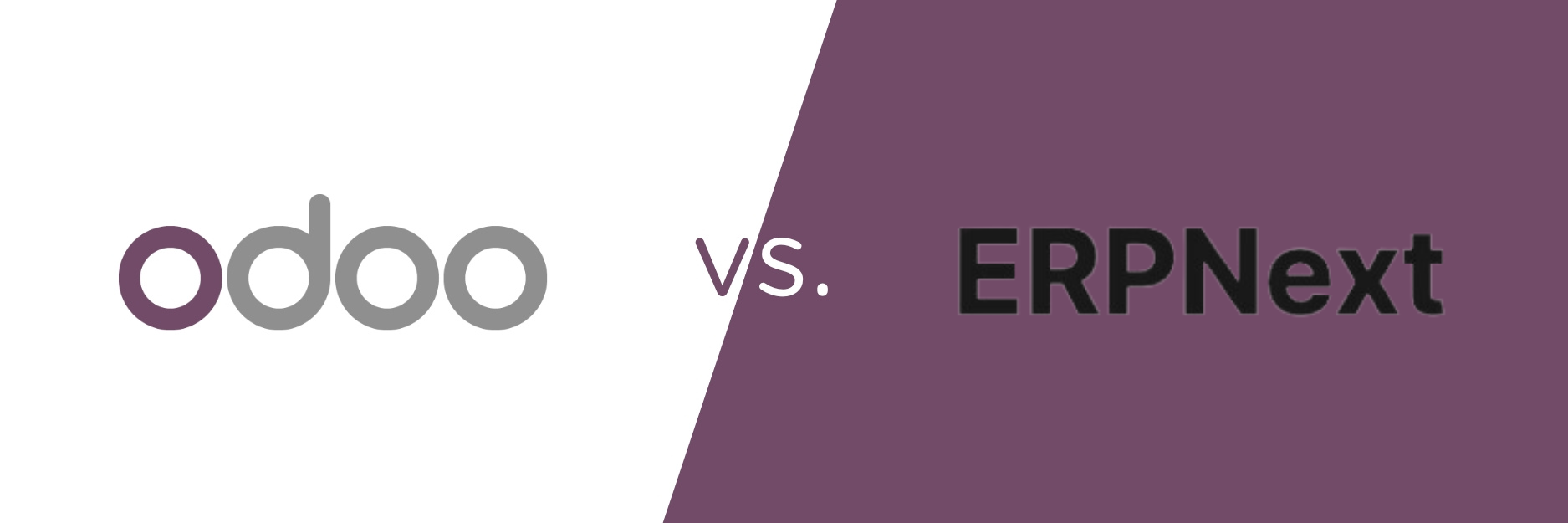Odoo vs ERPNext: Why Plementus is Your Best Odoo Implementation Partner
Choosing the right ERP solution is crucial for large enterprises, and Odoo and ERPNext are two popular contenders. In this blog, we’ll explore why Odoo, implemented by Plementus, offers superior customization, integration, and ROI compared to ERPNext, making it the better choice for companies seeking a comprehensive and scalable ERP solution.
1. Modular Architecture and Customization
Both Odoo and ERPNext offer modular ERP systems, but Odoo’s flexibility and customization options far surpass ERPNext’s capabilities. Odoo offers a wider range of fully customizable applications, allowing you to fine-tune the software to meet your specific business processes. ERPNext, while functional, is more rigid in its customization and is better suited for small to mid-sized companies rather than large, complex enterprises.
At Plementus, we specialize in tailoring Odoo to fit the exact requirements of our clients, ensuring that every module and workflow supports your business goals.
2. Integration Capabilities and Ecosystem
Odoo’s expansive ecosystem enables seamless integration with a wide array of third-party applications, making it highly adaptable to businesses that rely on multiple software solutions. In contrast, ERPNext offers fewer integrations and tends to struggle when businesses need advanced integrations across departments, which limits its usefulness for large companies with complex operations.
Plementus is skilled at integrating Odoo into existing business ecosystems, ensuring a smooth transition and unified operations across your company.
3. Scalability for Growing Businesses
For large enterprises, scalability is a key factor. Odoo is built to scale as your business grows, offering robust enterprise solutions with thousands of users and extensive features. ERPNext, although sufficient for smaller businesses, lacks the depth needed to support the expansive operations of large companies and struggles under higher data loads.
Plementus ensures that your Odoo implementation is future-proof, enabling you to scale your ERP as your business expands, without the need for costly migrations or upgrades.
4. User Experience and Support
One of Odoo’s strongest advantages is its user-friendly interface, which can be customized to streamline workflows and improve user adoption across teams. ERPNext has a steeper learning curve and can be more challenging for teams to master, which can slow down operational efficiency.
As a Gold Odoo Partner, Plementus offers extensive post-implementation support, ensuring that your teams quickly adapt to Odoo’s interface and workflows. Our dedicated team provides training, troubleshooting, and continuous system optimization to keep your operations running smoothly.
5. ROI and Total Cost of Ownership
While both Odoo and ERPNext are open-source, Odoo offers better long-term ROI for large enterprises. The Enterprise version of Odoo provides extensive features and flexibility at a lower total cost of ownership compared to ERPNext, which can become expensive as you add more users and features. Odoo’s pricing is more predictable, as it is based on the number of apps used, not the number of users, which is essential for growing businesses.
With Plementus as your implementation partner, you can maximize the return on your Odoo investment by ensuring it is fully optimized for your specific needs and growth plans.
Features Comparison
Here’s a comparison table between Odoo and ERPNext, highlighting key features that emphasize why Odoo, along with Plementus as your implementation partner, is the superior choice for large enterprises:
Features | Odoo Enterprise | ERPNext | Why Choose Odoo with Plementus |
Customization | Fully customizable, tailored modules for specific needs | Limited customization, harder to adapt for large enterprises | Plementus offers deep expertise in tailoring Odoo to fit unique business models |
Integration | Seamless integration with CRM, HR, inventory, and more | Basic integrations, limited to core functionalities | Plementus ensures smooth integration of all systems |
Scalability | Scales effortlessly for enterprises of any size | Struggles with large-scale operations | Plementus delivers future-proof Odoo solutions that grow with your business |
User Experience | User-friendly interface with customizable workflows | Steeper learning curve, less intuitive UI | Plementus provides comprehensive training and support for smooth adoption |
Support and Maintenance | Extensive community and enterprise support | Limited community support, no dedicated enterprise option | Plementus offers top-tier, continuous support and system optimization |
Implementation Time | Quick, efficient implementation with expert partners | Slower implementation for complex needs | Plementus ensures fast, seamless deployment based on years of experience |
Total Cost of Ownership | Predictable, cost-effective pricing, no user-based fees | Can become costly with added features and users | Odoo with Plementus offers long-term cost efficiency and better ROI |
Why Plementus?
At Plementus, we have a proven track record of delivering successful Odoo ERP implementations for large enterprises across industries such as manufacturing, logistics, real estate, and construction. As an Odoo Gold Partner and nominee for the best Odoo partner in 2024, we bring extensive knowledge, technical expertise, and industry-specific insights to every project. Our goal is to provide a smooth and efficient Odoo implementation that drives your business's success.
Your Next Steps:
- Ready to take your business to the next level? Contact us today for a free consultation and Odoo demo.
- Discover the power of Odoo for your enterprise: Explore our Odoo modules.
While ERPNext is a competent ERP solution, Odoo offers greater flexibility, scalability, and ROI, particularly for large enterprises with complex needs. Choosing Plementus as your Odoo implementation partner ensures that you benefit from a fully customized, expertly integrated ERP system that supports your long-term growth and efficiency.





